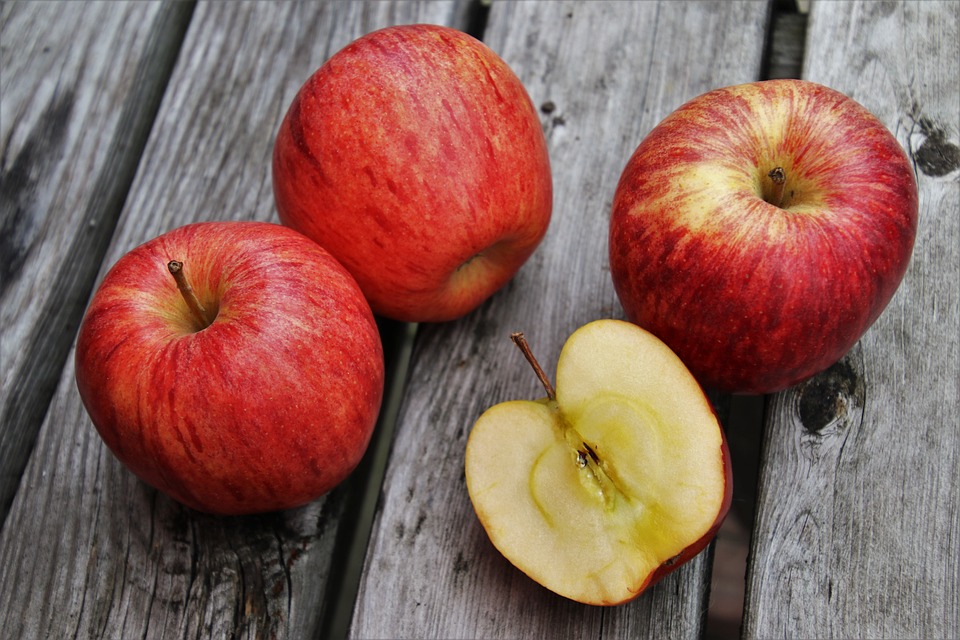Nutrition plays a critical role in achieving fitness goals. Whether you’re trying to lose weight, build muscle, or improve your overall health, what you eat can have a significant impact on your results. In this blog post, we’ll explore the role of nutrition in achieving fitness goals and provide practical tips for optimizing your diet to reach your desired outcome.
First and foremost, it’s essential to understand that proper nutrition is necessary to fuel your body for physical activity. When you exercise, your body uses energy in the form of calories to power your movements. Therefore, if you don’t consume enough calories or consume the wrong types of calories, you may struggle to perform your best during your workouts.

If your goal is to lose weight, you’ll need to create a calorie deficit, which means consuming fewer calories than you burn. However, it’s crucial to ensure that you’re still consuming enough calories to support your physical activity and prevent muscle loss. Eating a balanced diet that includes a variety of nutrient-dense foods such as fruits, vegetables, whole grains, lean proteins, and healthy fats can help you achieve this balance.
On the other hand, if your goal is to build muscle, you’ll need to consume more calories than you burn, known as a calorie surplus. This will provide your body with the additional energy it needs to build and repair muscle tissue. However, it’s essential to ensure that you’re consuming the right types of calories, including enough protein, to support muscle growth.
Protein is essential for building and repairing muscle tissue. It’s recommended that individuals looking to build muscle consume between 1.2 to 1.7 grams of protein per kilogram of body weight per day. Good sources of protein include lean meats, poultry, fish, eggs, dairy products, legumes, and nuts.
In addition to protein, carbohydrates are also an essential component of a fitness-focused diet. Carbohydrates are the primary fuel source for physical activity and can help improve performance during workouts. Good sources of carbohydrates include fruits, vegetables, whole grains, and legumes.
It’s also essential to consume enough healthy fats in your diet, such as those found in nuts, seeds, avocados, and fatty fish like salmon. Healthy fats can help improve heart health, reduce inflammation, and support overall health and wellbeing.

In addition to consuming the right types and amounts of macronutrients, it’s also crucial to pay attention to micronutrients. Micronutrients are essential vitamins and minerals that our bodies need in smaller amounts to function correctly. Eating a varied diet that includes a variety of fruits, vegetables, whole grains, and lean proteins can help ensure that you’re getting enough of these vital nutrients.
One essential micronutrient for fitness enthusiasts is iron. Iron is necessary for the production of red blood cells, which transport oxygen to your muscles. Consuming enough iron can help improve endurance and overall athletic performance. Good sources of iron include lean meats, poultry, fish, fortified cereals, beans, and lentils.
Another essential micronutrient for fitness enthusiasts is calcium. Calcium is necessary for bone health and can help prevent stress fractures and other injuries. Good sources of calcium include dairy products, fortified plant milks, leafy greens, and tofu.
In addition to consuming the right types and amounts of nutrients, it’s also important to pay attention to when and how much you’re eating. Eating smaller, more frequent meals throughout the day can help keep your energy levels stable